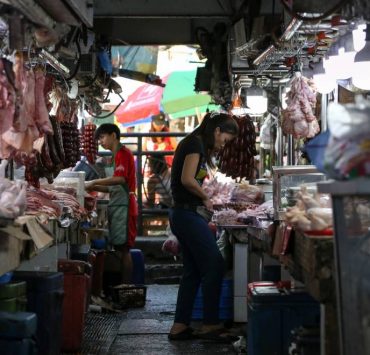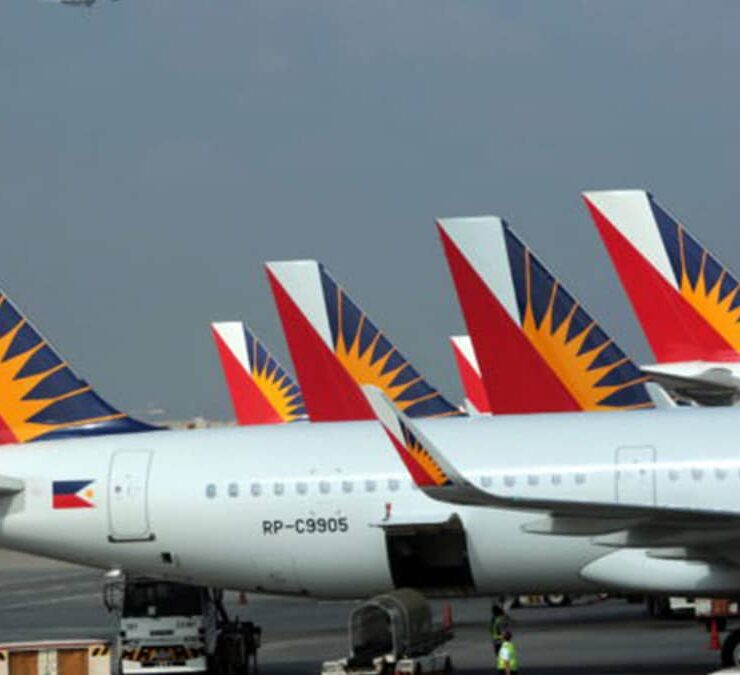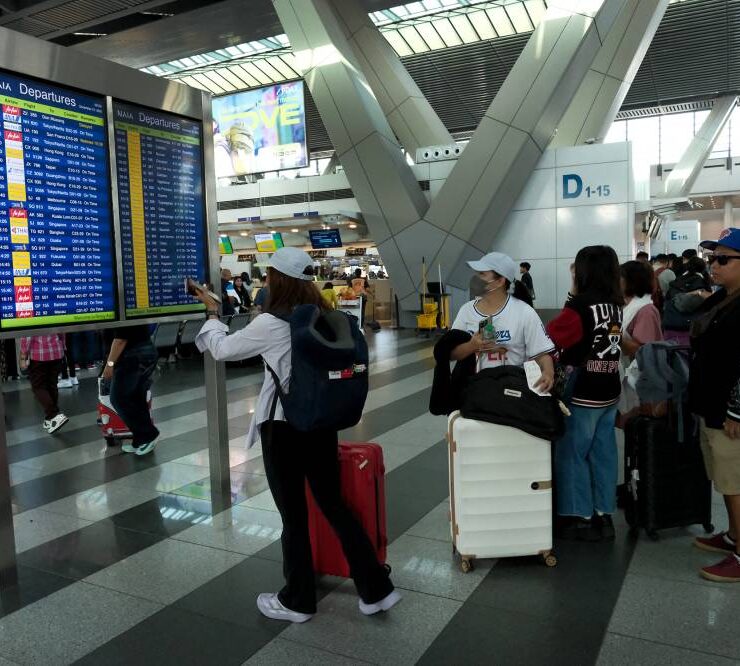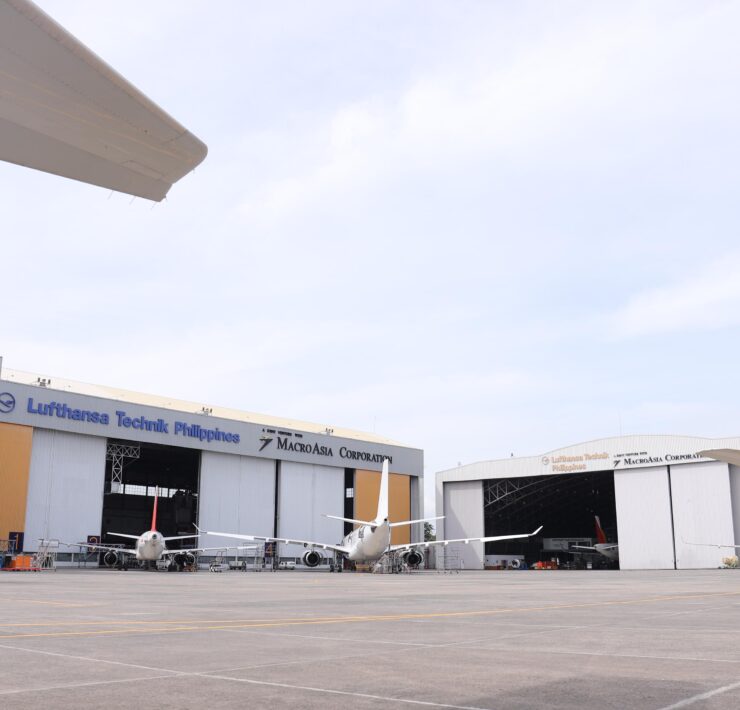Plane fares to go up in March
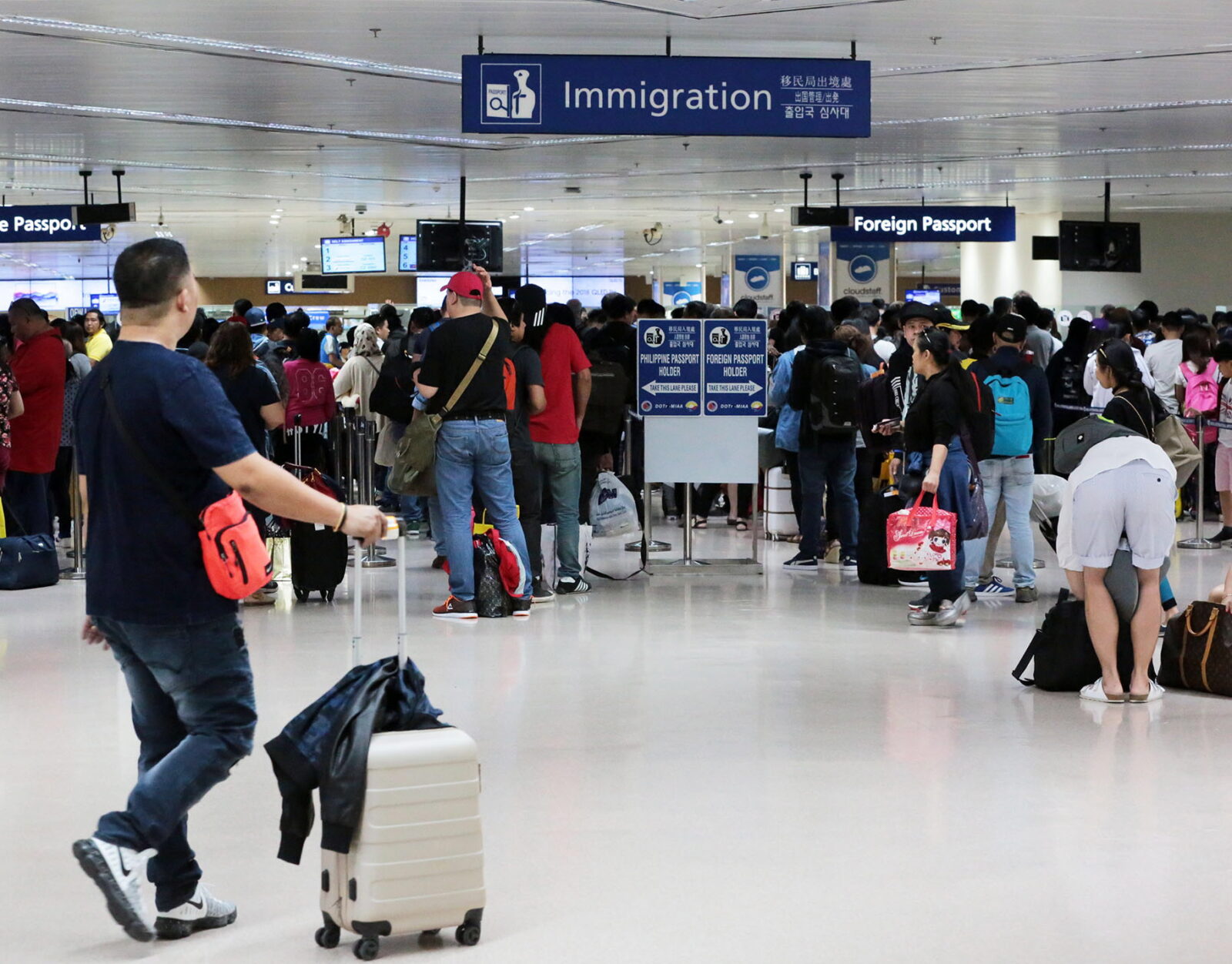
Airline passengers will pay more for their tickets in March after the Civil Aeronautics Board (CAB) hiked the fuel surcharge for the first time in five months.
In its latest advisory, the CAB raised the fuel surcharge to Level 5 for next month from the current Level 4.
The last time the fuel surcharge was at Level 5 was in September last year.
Under Level 5, airlines are allowed to collect fuel surcharges of P151 to P542 for domestic flights while those flying outside the country will pay an additional P498.03 to P3,703.11 each.
These prices are higher compared to Level 4 rates, which range from P117 to P342 for domestic flights and P385.70 to P2,867.82 for flights abroad.
Fuel surcharges are additional fees by airlines to help them recover fuel costs.
These are separate from the base fare, which is the actual amount paid by the passenger for his or her seat.
Next month, passengers flying from Manila to Caticlan, Legaspi, Kalibo and Roxas will be shelling out an additional P238 while those going to Iloilo, Cebu, Bacolod and Puerto Princesa will pay a fuel surcharge of P316.
The applicable surcharge for flights to Dumaguete, Tagbilaran, Surigao and Siargao will be P418 while flights to Zamboanga, Cotabato and Davao, P487.
Passengers going to Taiwan, Hong Kong and Vietnam will pay an additional P498.03 while those flying to China will be charged P676.20 on top of the base fare.
The surcharge to be collected for flights to Singapore, Thailand and Malaysia will be P688.79; Indonesia, Japan and South Korea, P774.75; Australia and Middle East, P1,713.68; and New Zealand and Honolulu, P2,163.32.
The aviation sector has propelled beyond recovery, launching more routes and expanding aircraft fleet to service the growing air travel demand.
International Air Transport Association Director General Willie Walsh previously said that demand for air travel would continue to grow this year but at a “moderated” pace after the sector registered record numbers in 2024.















